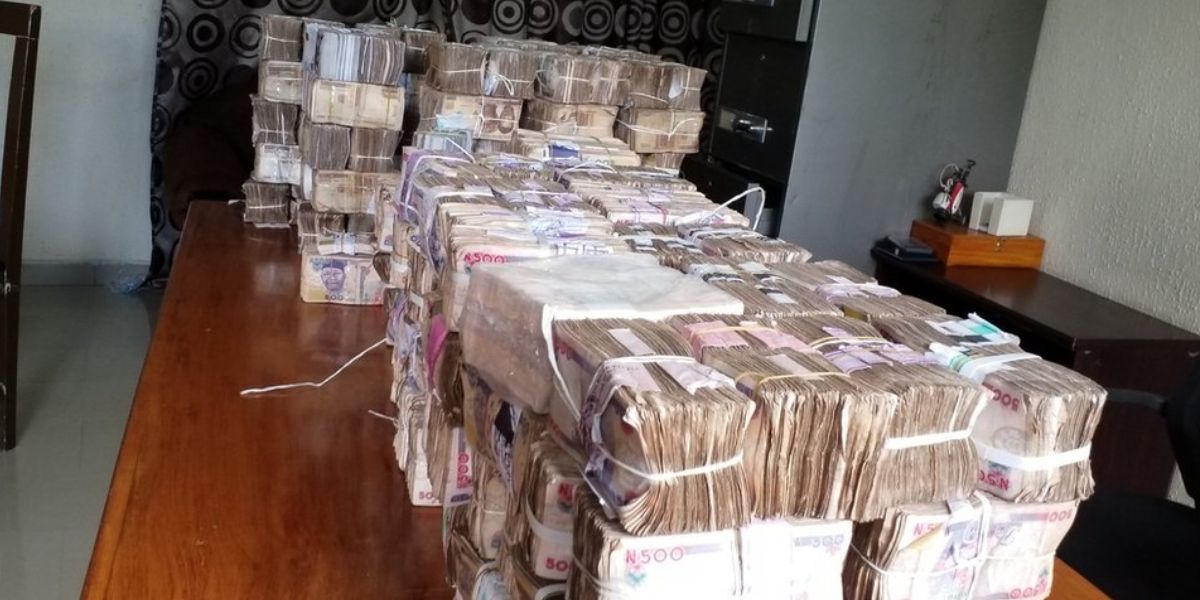Physical Address
304 North Cardinal St.
Dorchester Center, MA 02124
Physical Address
304 North Cardinal St.
Dorchester Center, MA 02124


Nigeria’s financial watchdogs are on high alert after uncovering a staggering ₦48 billion in suspicious transactions flowing to Dubai and Hong Kong—two locations increasingly associated with money laundering and illicit financial activities.
The Nigerian Financial Intelligence Unit (NFIU), in its latest report, describes both cities as emerging global hotspots for illicit financial flows, urging banks and regulators to tighten their monitoring mechanisms before Nigeria’s financial system becomes a free-for-all for money launderers.
📌 401 Suspicious Transaction Reports (STRs) recorded between January 2021 and September 2024.
📌 Dubai transactions totaled ₦29.6 billion across 185 cases.
📌 Hong Kong recorded ₦18.6 billion, spread across 216 transactions.
These figures mark a sharp rise in questionable financial movements, with reports skyrocketing from just ₦42 million in 2021 to a jaw-dropping ₦32 billion in 2024.
🔴 Dubai’s booming real estate market and business-friendly policies make it a prime destination for both legitimate investors and financial criminals.
🔴 Hong Kong, a global financial hub and China’s gateway to the world, is no stranger to money laundering scandals—with major international banks frequently caught in the crossfire.
The NFIU even referenced the 2020 Dubai Leaks, which exposed how politically exposed persons, sanctioned individuals, and alleged criminals snapped up high-value properties in the UAE.
Nigeria’s banks, financial institutions, and regulators are now under pressure to strengthen their oversight, apply enhanced due diligence, and report suspicious transactions faster.
“Failure to act decisively could expose Nigeria to deeper financial crime risks and serious international reputational damage,” the report warns.
⚡ Will financial institutions finally crack down on offshore laundering schemes?
⚡ Are stricter transaction monitoring laws on the horizon?
⚡ Will Nigerian authorities start naming and shaming offenders?
With billions vanishing into shadowy financial networks, Nigeria’s regulatory response will determine whether the country strengthens its defenses—or continues to bleed cash into criminal hands.